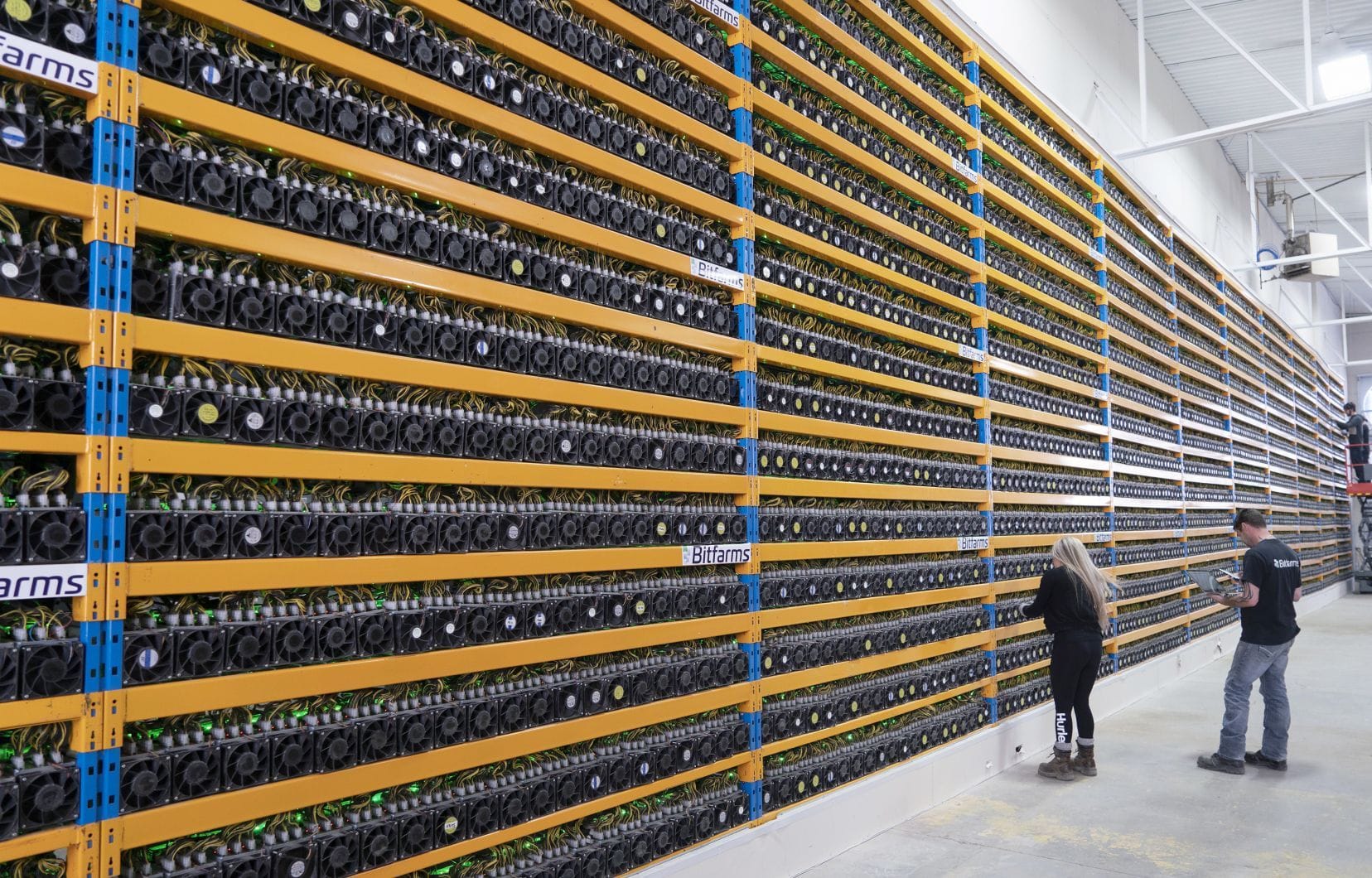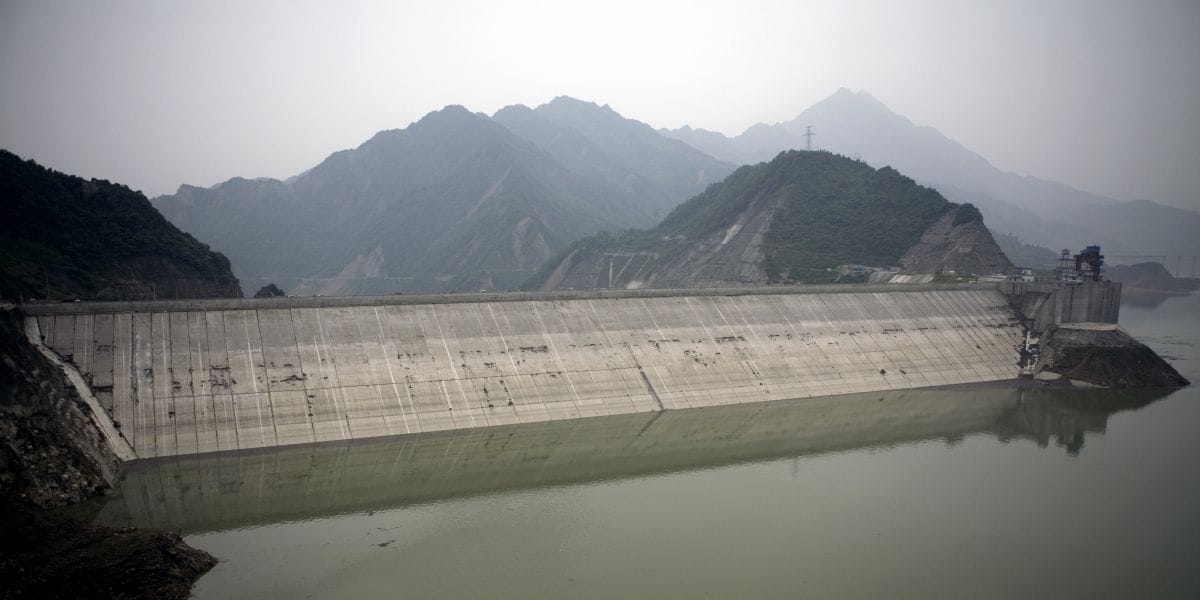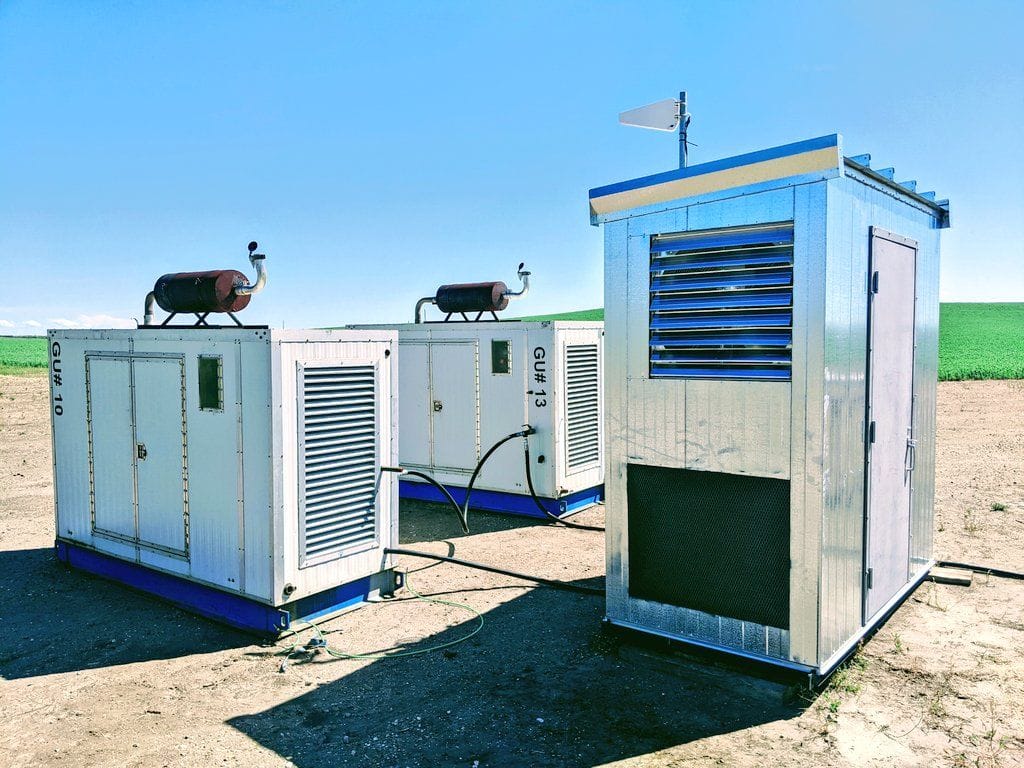This is the second part of “Bitcoin: The Misunderstood” a series of articles that debunk popular myths about Bitcoin.
Today, I invite you to dive into the most controversial topic surrounding Bitcoin: ecology.
Because yes, as you may know (or maybe not), Bitcoin consumes energy... to the point where some will tell you that it pollutes
“Bitcoin pollutes because the Bitcoin network requires large amounts of energy to operate.”
“Bitcoin pollutes because most of the mining farm are in China, and the Chinese are far from being respectful of the planet.”
In short, as you may understand, Bitcoin pollutes. At least, that's what we hear in the media and the public sphere. But what is the reality?
What is Mining?
Bitcoin mining involves processing transactions made on the network. During this activity, mining operations “discover” new bitcoins, which are part of the limited supply of 21 million available on the network. Similar to a gold prospector, a miner—who can be anyone, anywhere in the world as long as they have a computer and internet—groups Bitcoin transactions into a “block” (up to about 3 500 transactions per block), and allows network users to finalize their transactions.
To “create” a block, the miner must solve a very simple but repetitive calculation to find a random number that can only be validated through trial and error, by redundancy of attempts. If the miner in question is the first to find it, they can create a block pending transactions, then distribute it on the network. They are then rewarded in bitcoins for committing their computing power, and for allowing the network to function. Once a block is mined, it is added to the block chain, called “blockchain”.

While anyone can mine from their office or bedroom, mining has become industrialized over the years in the form of “mining farms”: spacious places where sometimes tens of thousands of computers dedicated to mining bitcoins are grouped together. These farms are often owned by companies, as they require a certain investment and operational cost: computer hardware specialized in mining bitcoins, as well as ventilation and air conditioning systems to prevent equipment overheating. But rest assured, some countries like Canada and Iceland are hosting more and more mining farms, in order to use their climate to keep the machines cool, rather than using air conditioning.

Yes, there are also mining farms in countries where it is hot. Very hot. Africa and Central Asia, for example, host mining farms. Why? First, because the cost of electricity is low in these countries. Also, because mining farms work with hydroelectric producers and buy their surplus energy, which they use to run the computers. The Bitcoin network thus contributes to optimizing the use of produced energy to avoid wastage, since a hydroelectric plant tends to produce excess energy over a full year. Mining operators can even disconnect their machines if the demand for electricity is too high. Indeed, they would likely lose profitability compared to their competitors, who are also looking for the planet's least expensive energy sources, both in terms of economic and ecological impact.

In Congo, only 8% of the population uses domestic electricity. Run-of-river power plants are trying their best to encourage people to use electric energy instead of coal, which heavily impacts the country's deforestation. However, this familiarization with electricity takes time, and 92% of Congolese continue to cook with wood fire morning, noon, and night. As a result, the turbines of the power plants keep turning and generate excess electricity. Mining farms purchase this excess to use it for mining bitcoins, while enabling these plants to continue educating the population and to sustain over time.
Everyone into Bitcoin mining!
The governments of Iran, Venezuela, and Quebec have opened Bitcoin mining farm.
In Ukraine and Belarus, the state uses the surplus from nuclear power plants, which can reach up to 3 gigawatts, to mine bitcoins.
In Africa, Canada and United States, mining farms use petroleum waste, known as flare gas, to convert it into electricity and mine bitcoins. These flares send back 50% of the unburned gas in the form of methane, which is 20 times more potent as a greenhouse gas than CO2. Therefore, Bitcoin is not a polluter. On the contrary, it acts as a greenhouse gas particle filter in operations that emit heavy amounts of pollutants. Bitcoin helps to protect the atmosphere from these harmful gases while recycling this energy into revenue for mining operations, which can reinvest it to improve their production efficiency and thus reduce their carbon footprint. This seems to be much more effective than public subsidies!

And what about France in all this?
Today, France produces excess electricity and exports it to its European neighbours. In 2020, we produced 500.1 TWh of electricity, while we only consumed 449 TWh. Why sell this surplus energy abroad, or worse, waste it? This surplus production could be used for the Bitcoin mining industry. The energy is produced, might as well use it! This could allow for the use of already produced electricity, but also generate additional revenue for EDF, which could invest in its infrastructure, or even reduce the electricity bill for the French people.
So why say that Bitcoin pollutes?
Consuming surplus energy encourages the creation of new sustainable energy sources. The majority of miners use excess electrical energy to allow the Bitcoin network to exist. The benefit of Bitcoin on global energy management is far greater than its risk. Bitcoin mining currently consumes less than 2% of global energy surpluses, which offers the capacity to consume 50 or even 60 times more.
So why compare Bitcoin to the energy consumption of a country when no one makes the same comparison with aluminium production, textile production, wind turbine production? Bitcoin's energy consumption is much less than the system it aims to replace — namely the central bank system — which has a heavy carbon footprint both directly and indirectly, and which promotes an economy based on debt and excessive consumption.
A Greener Future
While China has long contributed to massive Bitcoin mining using coal, miners are increasingly abandoning this fossil fuel in favour of hydroelectric power. Why? Firstly, because it pollutes, but also because it is becoming scarce and its price is increasing. These three factors have encouraged the use of surplus energy in the mining model, and there is no reason for this to change. Bitcoin's energy consumption is expected to use only surpluses for several more years, contributing to the natural balancing of global electricity production and consumption.
Is the same true with the current system where energy sources such as wind or solar are favoured not for their efficiency and reliability, but for the political and ecological agenda of the moment? These are questions that raise further inquiries about the relationship between States and Banks with Bitcoin, which we will explore in a future article.





